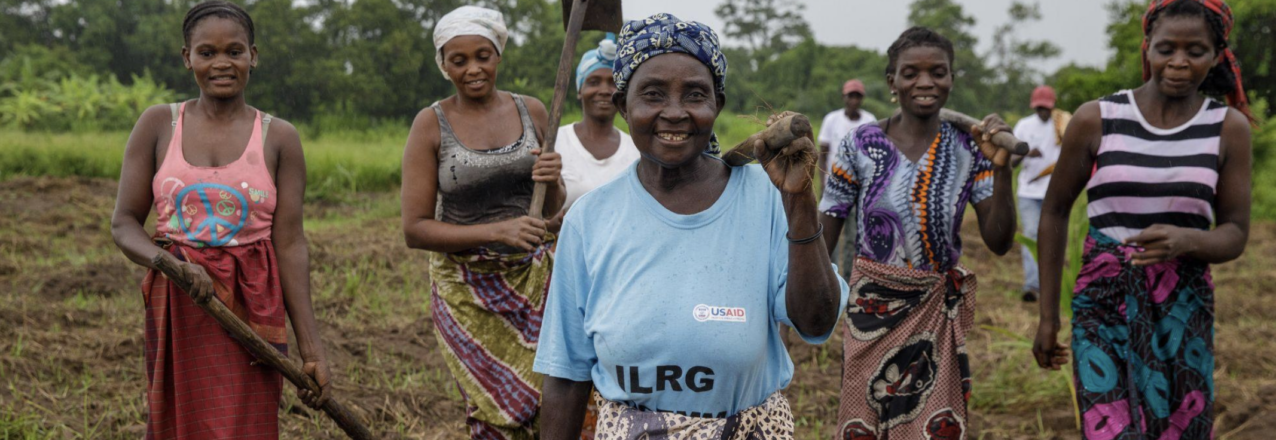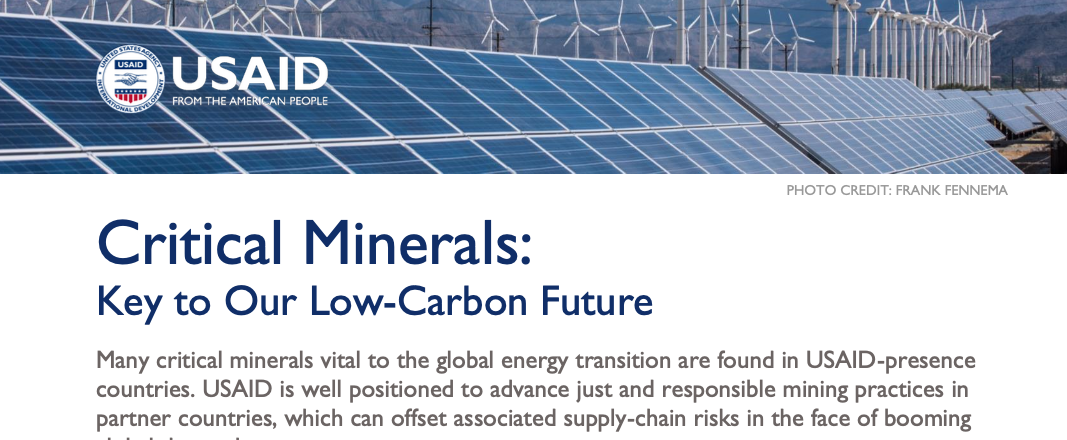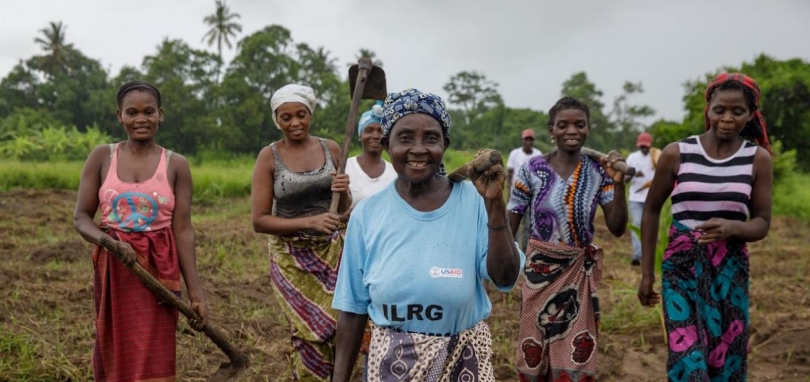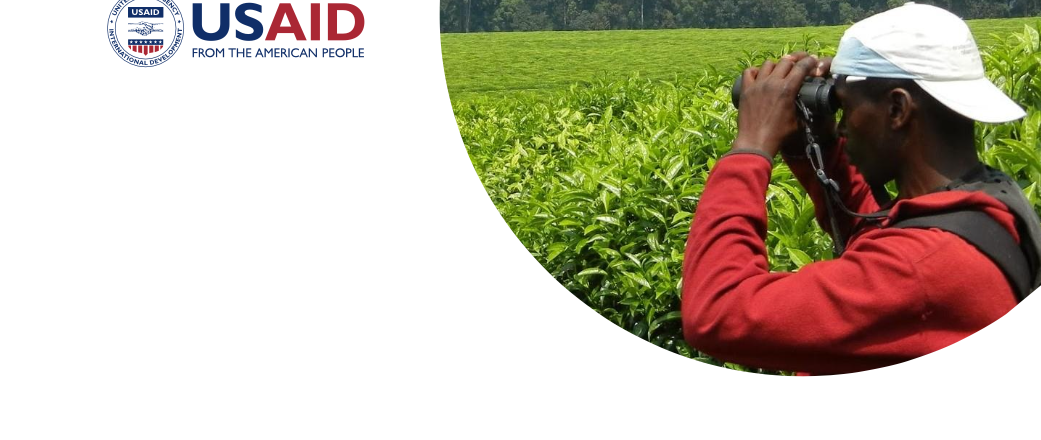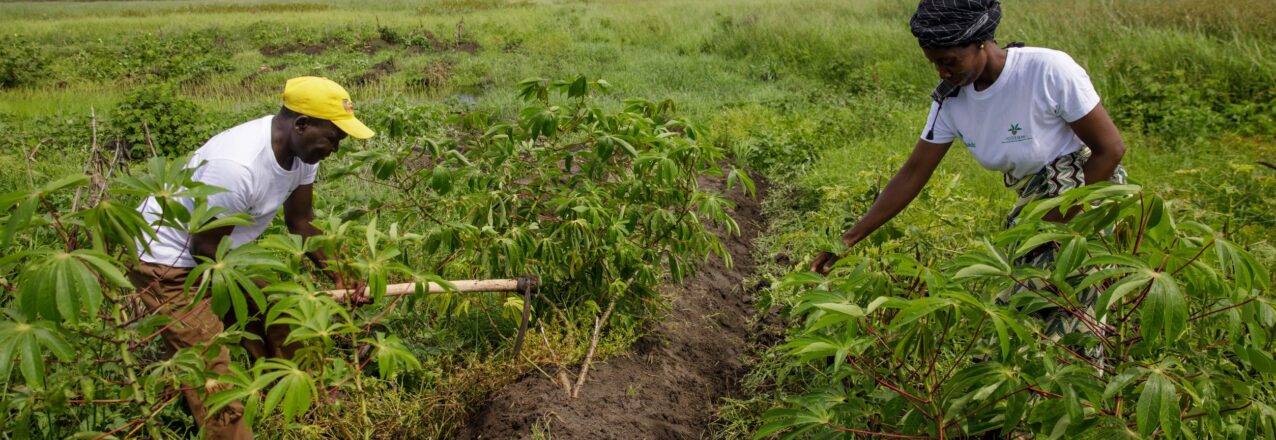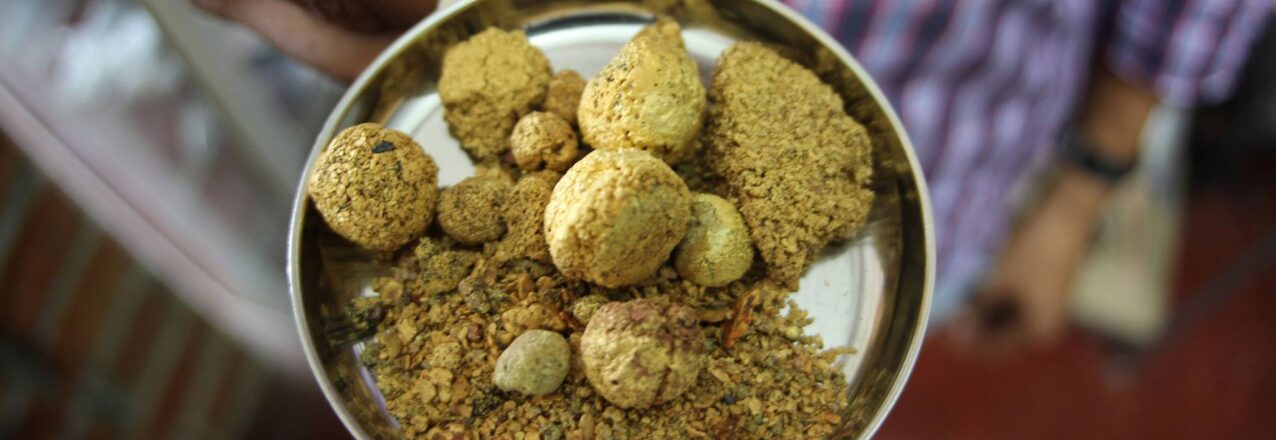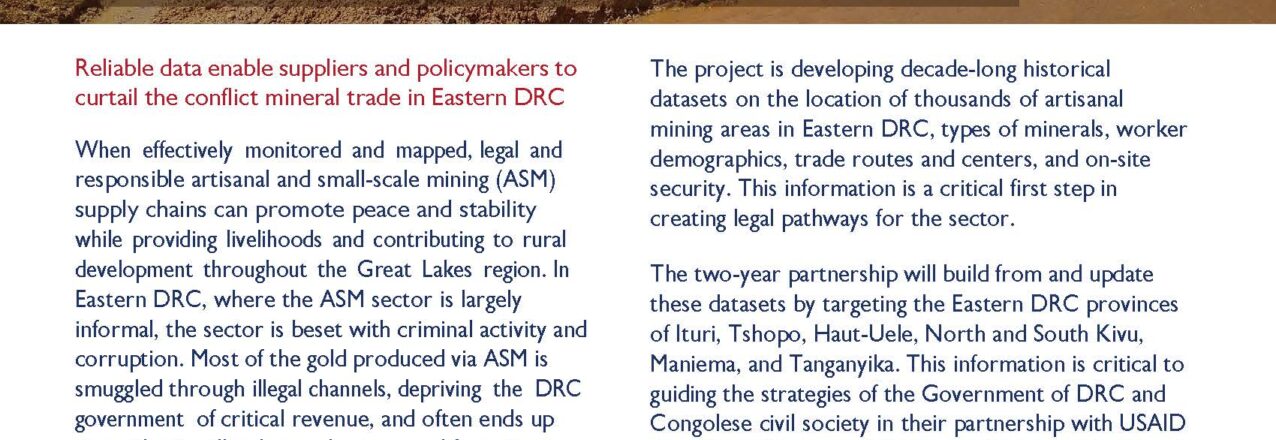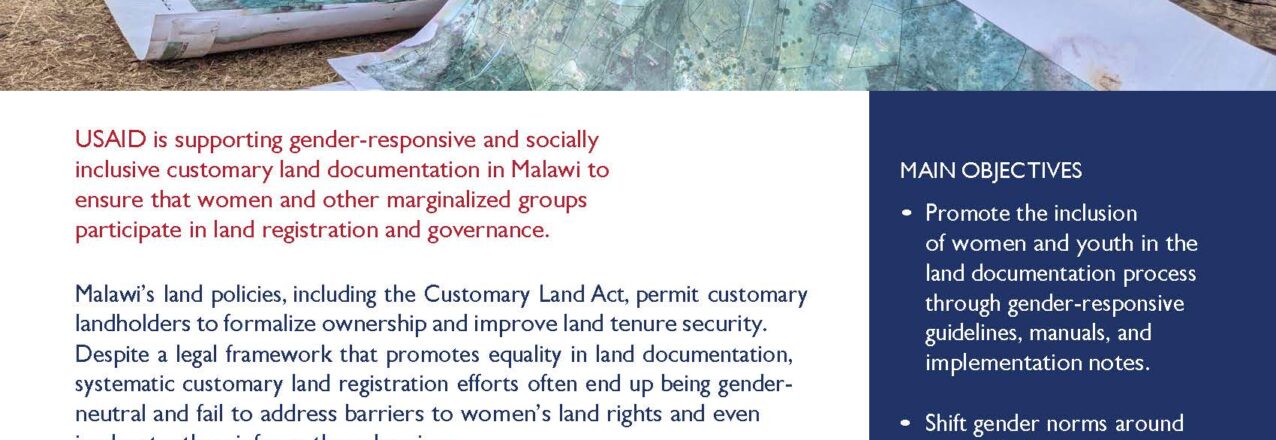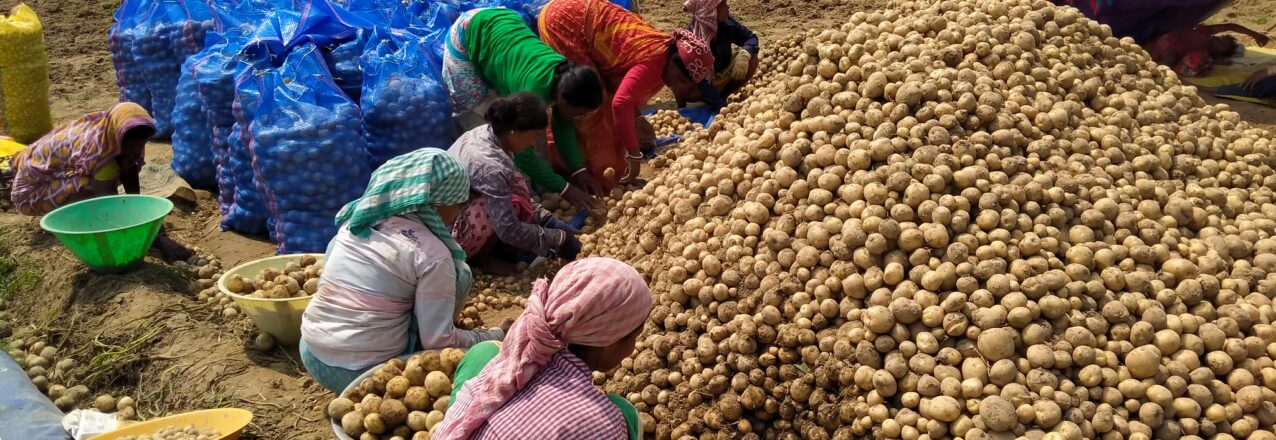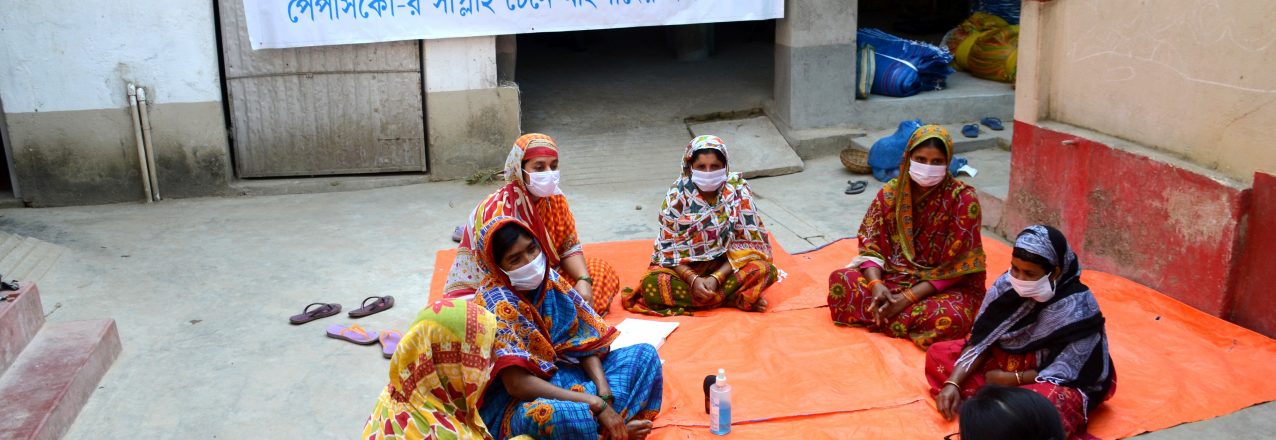Reliable data enable suppliers and policymakers to curtail the conflict mineral trade in Eastern DRC.
When effectively monitored and mapped, legal and responsible artisanal and small-scale mining (ASM) supply chains can promote peace and stability while providing livelihoods and contributing to rural development throughout the Great Lakes region. In Eastern DRC, where the ASM sector is largely informal, the sector is beset with criminal activity and corruption. Most of the gold produced via ASM is smuggled through illegal channels, depriving the DRC government of critical revenue, and often ends up strengthening illegal armed groups and financing conflicts in the region. Poor understanding of the informal ASM supply chains in the region risks undermining the efficiency of responsible ASM efforts and local development in mining areas.
USAID Partnership: 2021-2023
Since 2015, USAID has partnered with the Belgian research institute International Peace Information Service (IPIS) to map artisanal mining sites in eastern DRC in collaboration with the DRC Ministry of Mines. In 2021, USAID renewed its partnership with IPIS through 2023 to obtain up-to-date and accurate information on conflict financing, due diligence, and socio-economic dynamics along artisanal mining supply chains in Eastern DRC. By funding data collection and analysis through its Integrated Land and Resource Governance (ILRG) project, USAID can analyze how actors in the ASM sector finance armed groups and drive insecurity.
The project is developing decade-long historical datasets on the location of thousands of artisanal mining areas in Eastern DRC, types of minerals, worker demographics, trade routes and centers, and on-site security. This information is a critical first step in creating legal pathways for the sector.
The two-year partnership will build from and update these datasets by targeting the Eastern DRC provinces of Ituri, Tshopo, Haut-Uele, North and South Kivu, Maniema, and Tanganyika. This information is critical to guiding the strategies of the Government of DRC and Congolese civil society in their partnership with USAID to address the many challenges in the country’s natural resources sectors. The partnership is an innovative example of how USAID ILRG supports USAID Missions to build resilient livelihoods by preventing conflict, facilitating responsible land-based investment, and building the capacity of local institutions to strengthen land and resource governance.
Main Objectives
- Map and collect data from 550+ artisanal smallscale mining sites and supply chains
- Sharpen investigation of conflict financing dynamics
- Disseminate results to increase the understanding of linkages between mineral trade and insecurity
- Make data publicly available through a user-friendly interactive webmap
What has IPIS research revealed in the last decade?
For the past decade, IPIS has maintained a permanent dashboard that monitors ASM activities in relation to conflict and exploitation through large-scale primary data collection in remote mining areas, an open data policy, and collaboration with DRC Ministry of Mines for data collection. Users can filter data by time period, province, mineral, mine size, mineral traceability, official qualification status, presence of state services, armed groups, as well as reported armed interference, presence of child labor and mercury use. Findings include:
- 41% of sites visited involved armed groups
- 97% of sites visited involve gold mining
- 10% of sites (259) have 500+ workers
The Artisanal Small-Scale Mining Population
Studies estimate the ASM sector contributes to the livelihoods of up to 10 million people in DRC, so understanding these financial networks will help USAID and its partners work towards meeting sustainability objectives for responsible mineral sourcing.
2010: 461 sites analyzed, 98k workers
2015: 1,662 sites analyzed, 261k workers, 670 sites with armed groups
2020: 2,398 sites analyzed, 348k workers, 985 sites with armed groups
Illegal Gold
DRC’s official gold exports average just 200-300kg each year, but the country estimates that 13,600-18,140 kg of gold are produced through artisanal small-scale mining in the eastern DRC, and that a large portion of it is smuggled out of the country. Part of the $550-800 million in resulting revenues finances illegal armed groups. Mapping this loss of revenue and its impact on conflict will help USAID and its partners more effectively contribute to rural development in the region by preventing exploitation of ASM workers and reducing the risk that they will be displaced from their land.
Contact
USAID Contact Libby Skolnik, sskolnik@usaid.gov, Deputy Director, Peace & Security Office
Chief of Party Matt Sommerville, matt.sommerville@tetratech.com, USAID contractor/ILR
Project Coordinator Ken Matthysen, ken.matthysen@ipisresearch.be, IPIS


